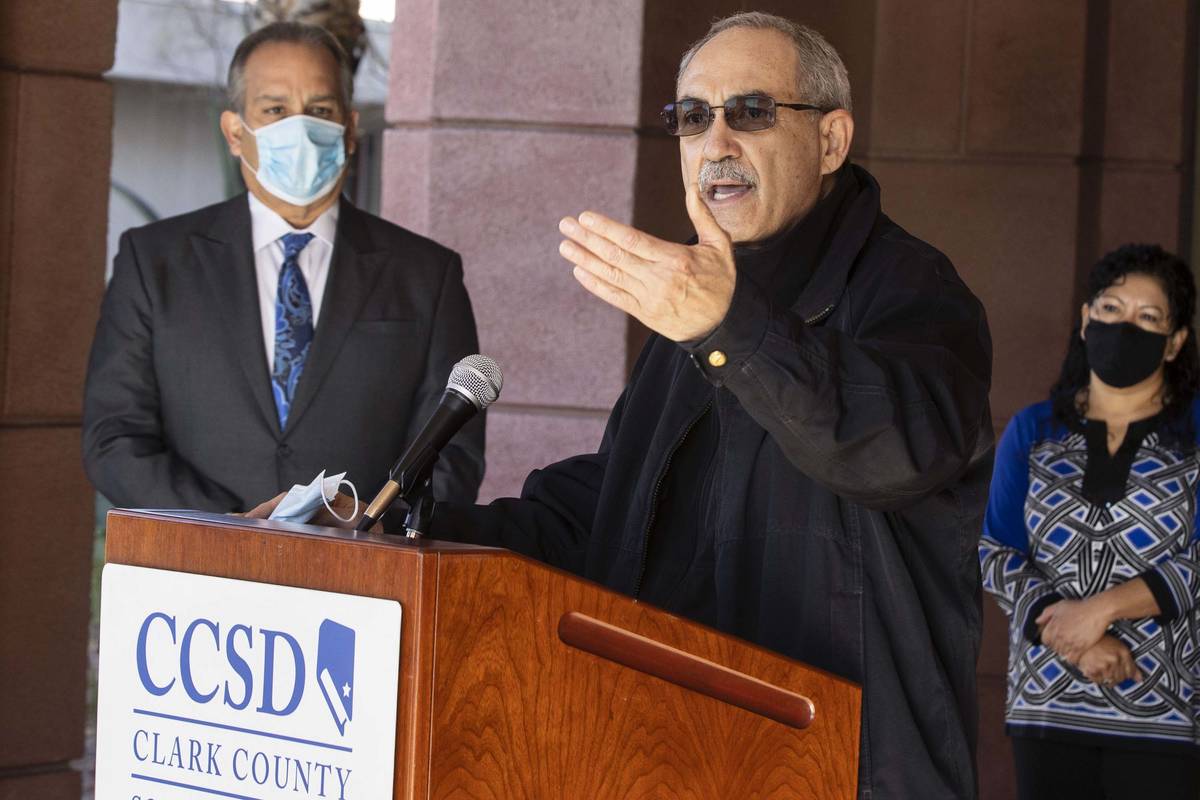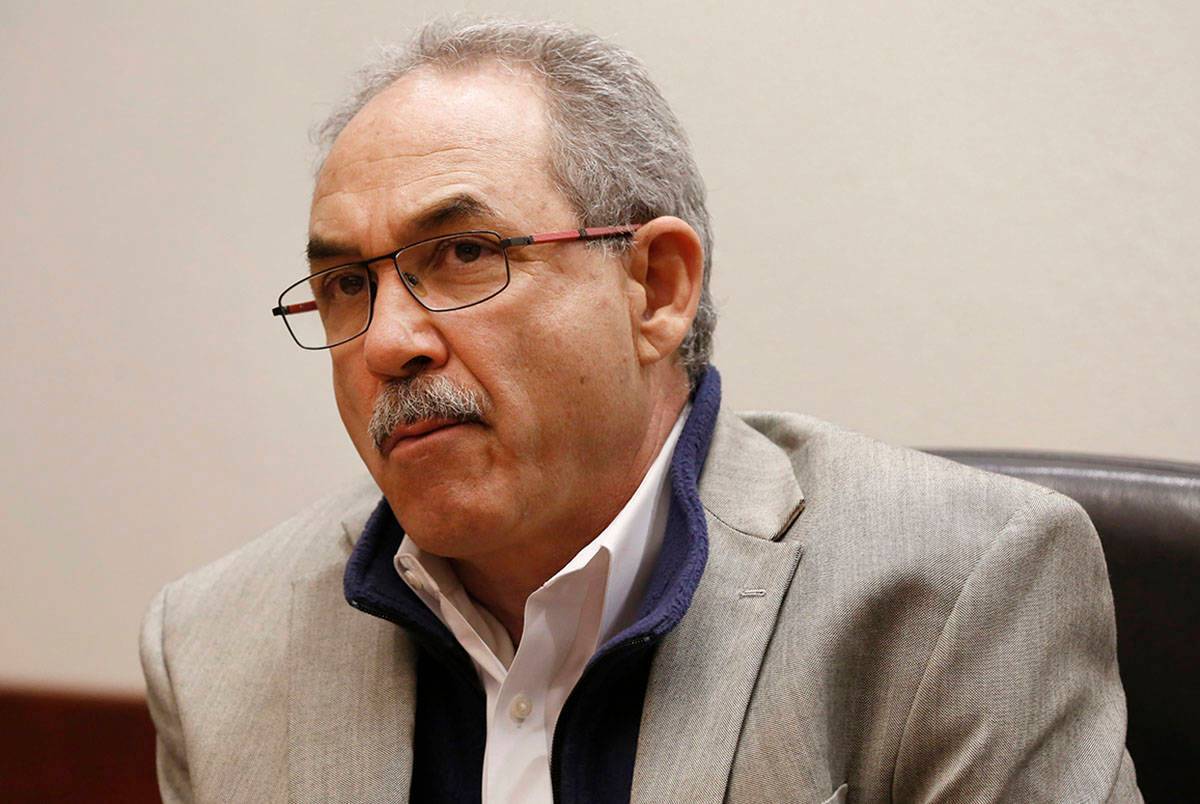STEVE SEBELIUS: Government by (extortionate) initiative
There’s no doubt gaming and mining are Nevada’s most politically influential industries.
Digging up money from the ground or out of tourists’ pockets provides both the lucre to have an outsize influence over public policy.
So perhaps bringing those industries to heel requires extraordinarily aggressive methods.
That’s what happened in the recently concluded 2021 Legislature, when the Democratic majority and the Clark County Education Association engineered a deal to institute a new tax on mining that will ultimately generate money for public schools.
The Legislature passed a trio of resolutions during the 32nd special session last summer that would have amended the state constitution to provide for greater taxes on mining. To become law, lawmakers would have had to approve them again in 2021, and then voters would have had to follow suit the next year.
Second, the CCEA qualified two initiative petitions, one of which proposed raising the sales tax to fund education and the other proposing a new top tier of the state’s gaming tax. Because the Legislature failed to approve either one, they were headed for the ballot next year, too.
But it seems none of these ideas was aimed at policymaking as much as getting the mining industry to agree to a deal.
And it worked: Assembly Bill 495 was passed with more than two-thirds, winning two Republican votes in the Assembly and four in the state Senate.
Everyone hailed the compromise as good for schools, which it is. But no one should fool themselves: This deal would not have happened but for fear of something worse.
While lawmakers might not admit it, John Vellardita — the executive director of the Clark County Education Association — has no qualms saying the tax initiatives were designed to leverage the casino industry to support the deal.
“If that’s what you’re asking me that we do, the answer is yes,” he said.
It’s hard to feel sympathy for monied interests that have long enjoyed outsized influence brought down by strong-arm tactics. But it’s also not hard to see how such a system could be abused.
And the Legislature may have made it worse and set up yet another battle in the Nevada Supreme Court.
As part of the grand bargain, Vellardita agreed to withdraw the teachers union’s two initiatives, so that voters won’t ever see the sales or gaming tax measures on the ballot. But the constitution is clear in Article 19, Section 2(3), that if the Legislature fails to enact the proposed initiatives, the secretary of state “shall” put them on the ballot in the next general election.
To get around that, lawmakers amended an elections bill with a section that allows authorized parties to withdraw initiatives that have qualified for the ballot not less than 90 days before a general election. But because, as a general rule, a state statute cannot override the state constitution, there’s a problem.
What if Secretary of State Barbara Cegavske decides the constitution compels her to put both initiatives on the ballot regardless of the new statute? Will the teachers union sue to strike its own initiatives? Or will the union just let the measures go before voters anyway and count any additional taxes as found money?
Or will we do it the Nevada Way, in which we put the lingering doubts out of our heads, pretend everything is fine and go about our lives?
By allowing for the withdrawal of initiatives, the Legislature has opened the door to more mischief. Most people agree government by initiative is one of the worst ways to make policy. How about government by extortion, when industries are held hostage until they capitulate?
Voters must remember every petition they’re asked to sign may not be to accomplish its stated ends, but simply to allow one group to hold another hostage. Good-faith signatures will lose all meaning. And while you may agree with the outcome this time — more money for schools — what happens next time, when your interests are the target?
Plus, how long will the big industries in this state sit idly by now that they have been successfully held up by initiative before they campaign for changes that will make legitimate, necessary petitions harder to get on the ballot?
Once again, the politics of the moment have subsumed long-term good public policy. Even if you agree with the outcome, the ugly way we got here can’t be ignored.
Contact Steve Sebelius at SSebelius @reviewjournal.com. Follow @SteveSebelius on Twitter.
























